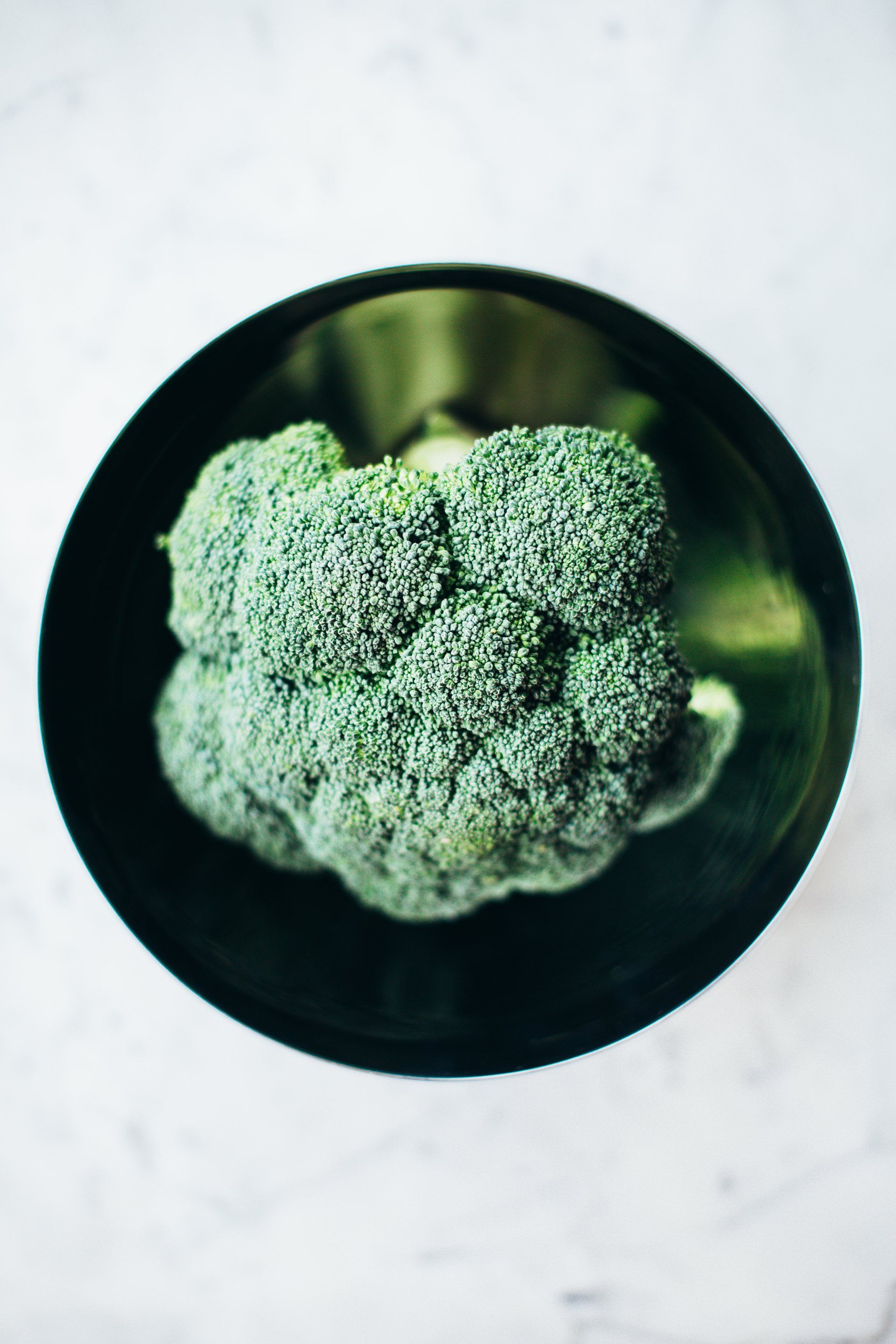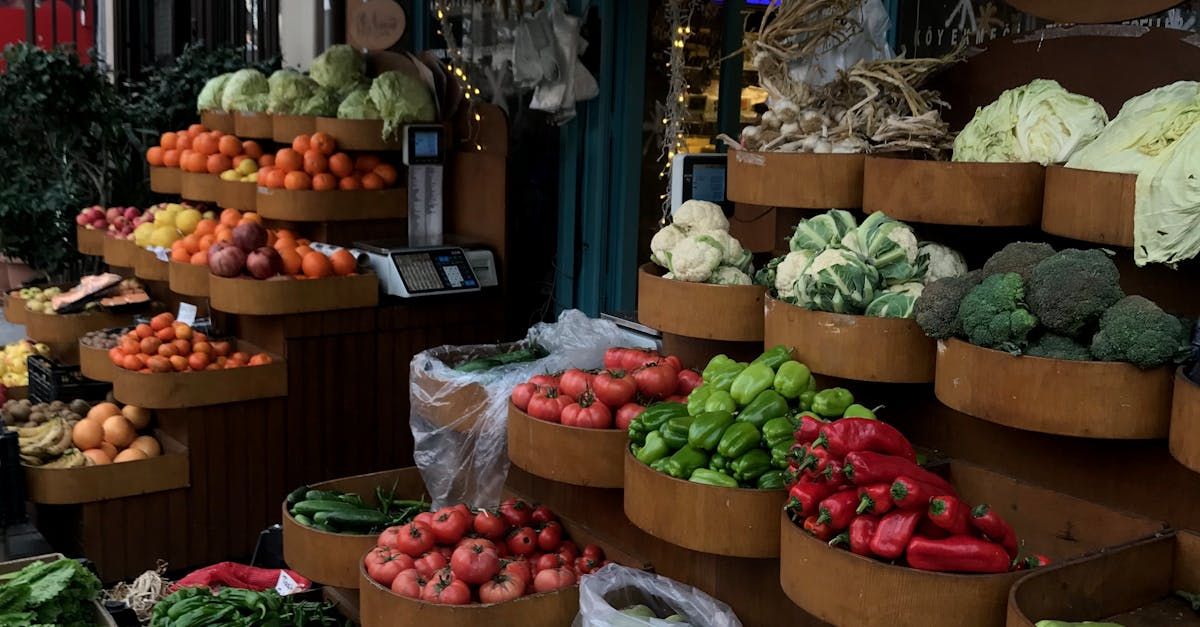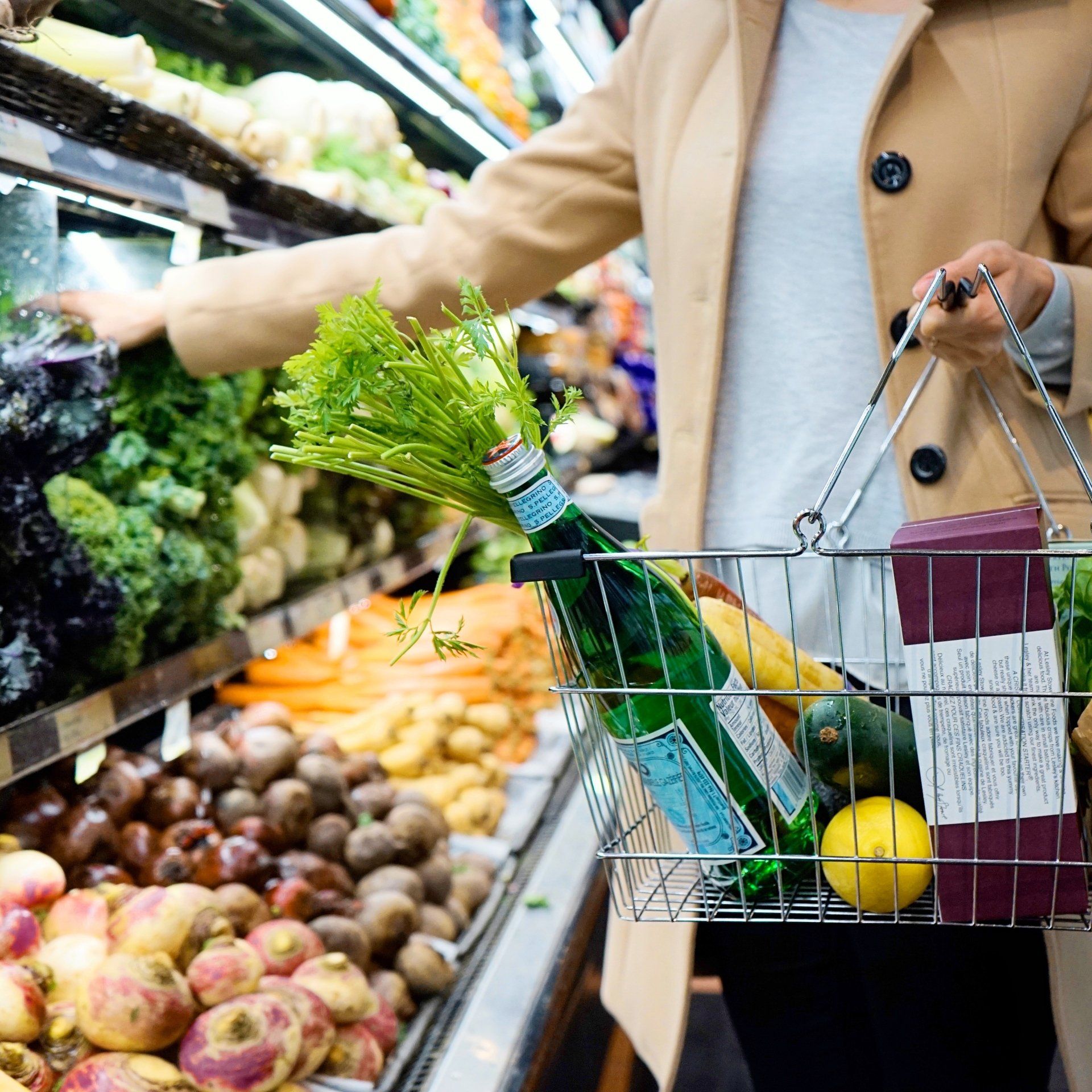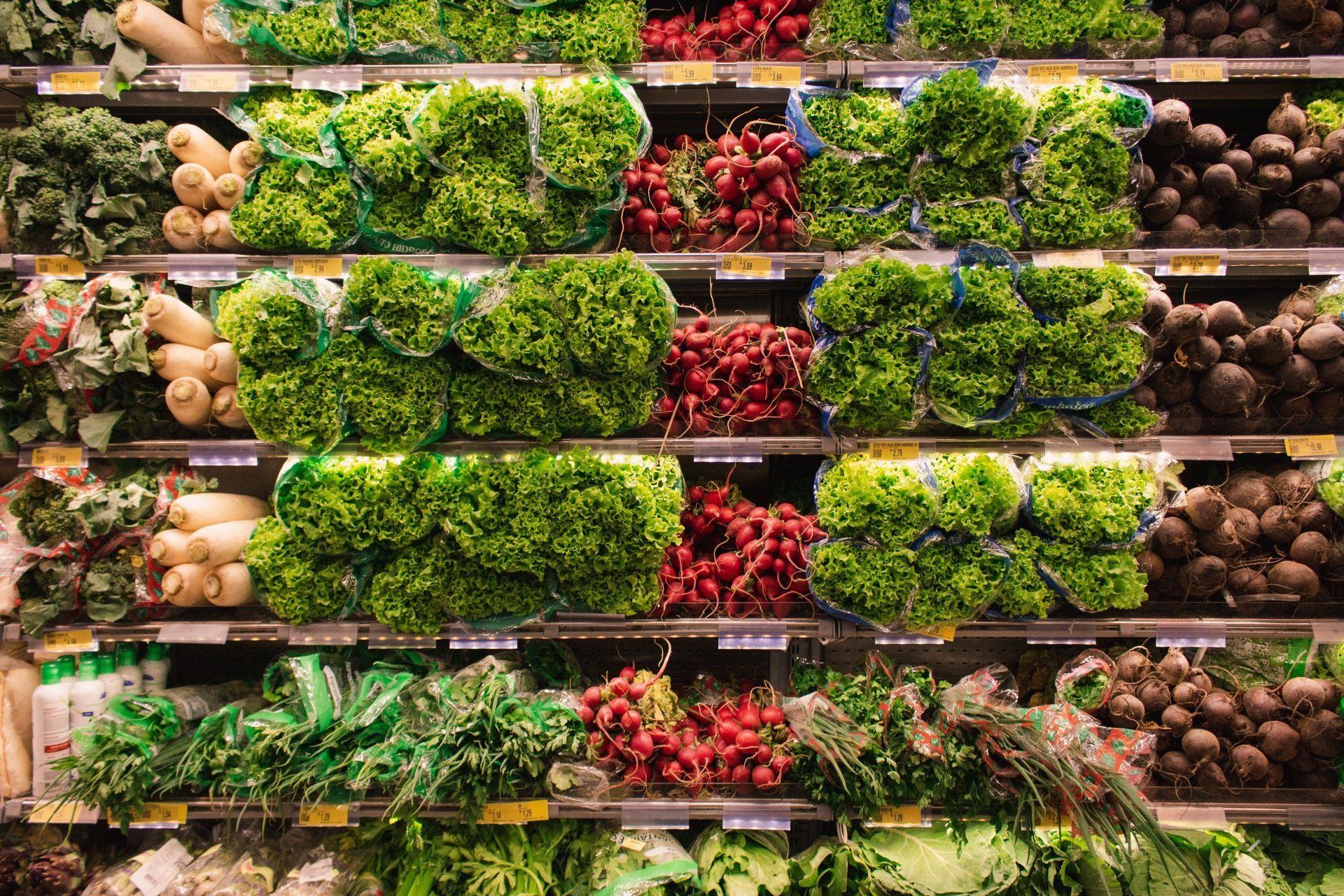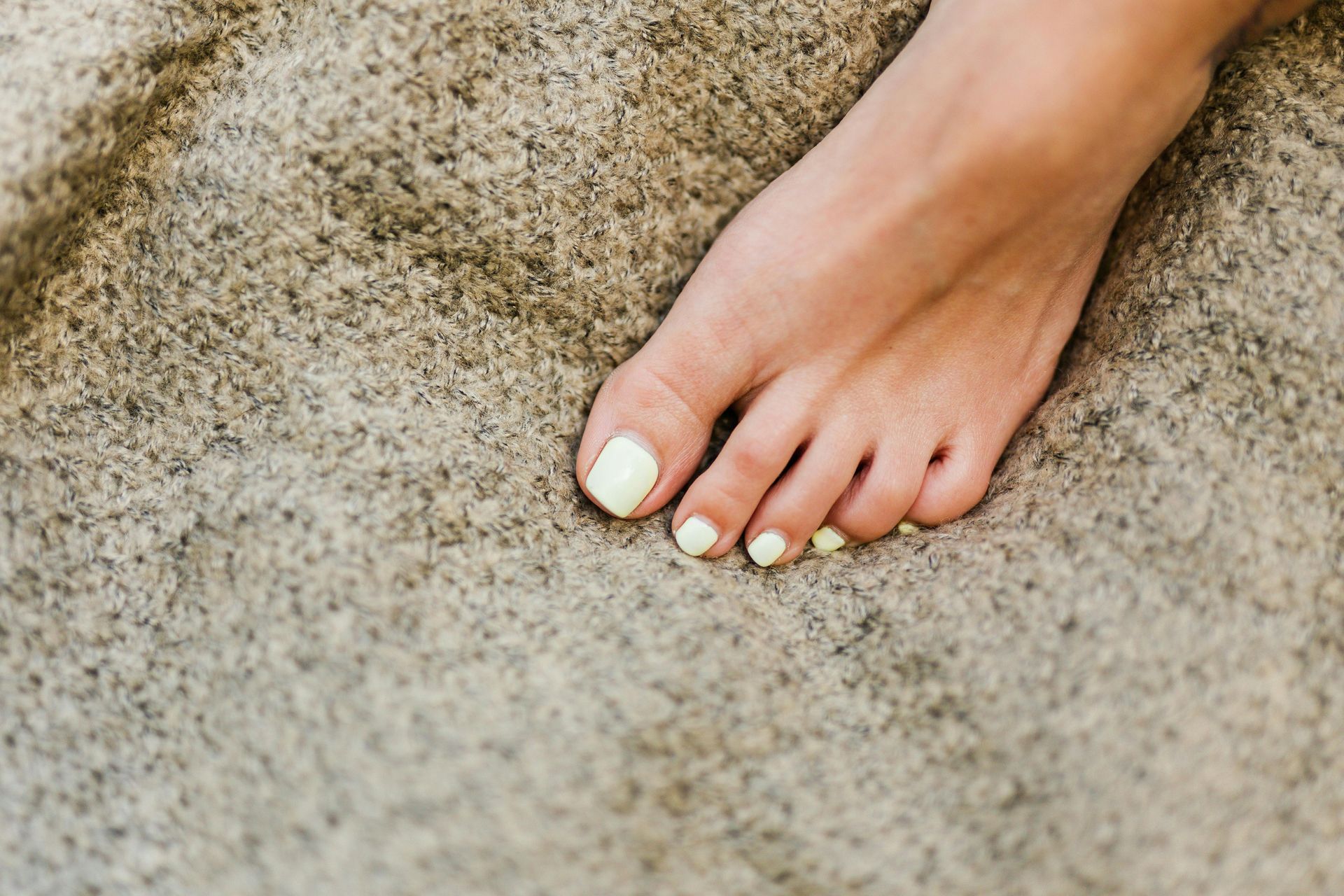There are hundreds of species of bacteria in your intestines, each of which plays a specific role in health and requires different nutrients for growth.
Generally speaking, a diverse microbiome is considered a healthy one. This is because the more species of bacteria you have, the more health benefits you get from them.
A diet consisting of different food types can lead to a more diverse microbiome. Fruits and veggies are the things that our gut biomes like best! They’re high in fibre which our bodies can’t digest….but the bacteria in our guts can.. And in fact, it stimulates the growth of “good” bacteria while discouraging the growth of those that cause disease and inflammation.
Foods that are high in fibre and that’re good for your gut include raspberries, broccoli, peas, chickpeas, lentils, beans and apples.
Apples, artichokes, blueberries, almonds, and pistachios have all been shown to increase Bifidobacteria in humans. These are considered beneficial bacteria, as they can help prevent intestinal inflammation and enhance gut health.
Bifidobacteria have also been shown to reduce insulin, triglyceride, and cholesterol levels in people with obesity, which could be beneficial for the prevention of conditions like heart disease and type 2 diabetes.

